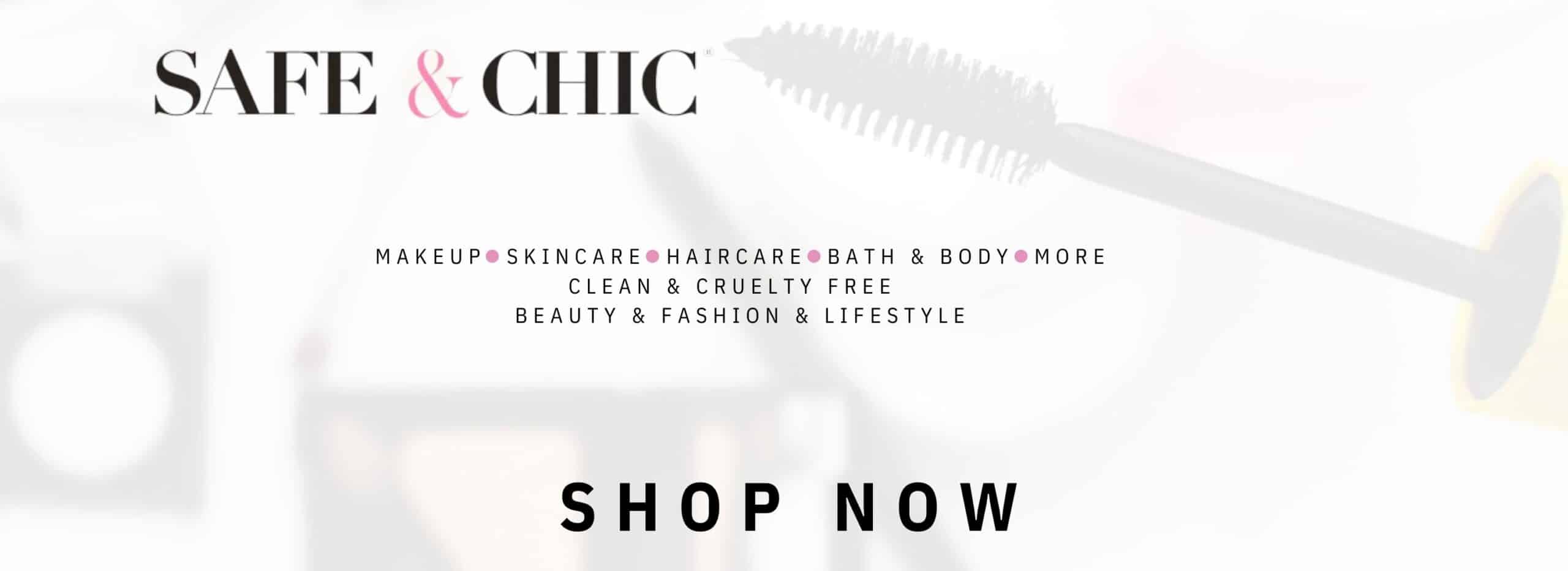The Skinny:
It is obvious and yet often unrealized. The biggest organ in a person’s body is their skin or skin microbiome. Yes, skin is an organ, coming in at a whopping six pounds on average. It is responsible for all sorts of good things, including “keeping our insides in.” Skin also protects our inner workings from physical damage and harmful microorganisms. Screw up this microbiome and problems like eczema, psoriasis, acne and rosacea can take hold. Wound healing may also become more difficult. Researchers are even investigating possible links between damaged skin and issues like vitiligo, albinism, dandruff, infections, warts and possibly even skin cancer. All this underscores the importance of skin health. It is not only responsible for a person’s general well-being, but it can also make them look more youthful and attractive. So how is this achieved? Read on. WellWell has you covered.
The Slate:
Avoid Smoke and Air Pollution
Exposure to air pollution and smoke is simply not good for promoting healthy skin. Obviously, this can be hard to avoid, especially in urban environments where pollution can be pervasive. However, there are ways to lessen the impact of both, which includes curtailing personal cigarette smoking, avoiding others who smoke heavily and limiting times in areas where fires of any kind are frequent.
Limit Antibiotics and Antibacterial Products
Both of these will help kill existing bacteria, allowing other bacteria to take their place. The potential drawback comes because these products can make individuals prone to antibiotic-resistant skin bacteria over an extended period, which could lead to other problems. Obviously, both have genuine and critical infection-fighting applications, but medical professionals warn their use should be targeted and limited in duration.
Don’t Focus On One Skin Care Product
Overuse of a single product, especially probiotics that can overload the skin with one type of organism, can lead to a skin microbiota imbalance that can cause cellular inflammation and increase the risk of diseases. Ultimately, it is a matter of having too much of a good thing, no matter the good that product is trying to achieve.
Hot Water Warnings
Even a good wash can disrupt a skin microbiome. Extremely hot water dissolves the sebum needed for the microbiome’s nutrition. Beyond this, cleansers that use surfactants that lower surface tension can undermine the skin’s natural defensive barrier. Products like toners, peelers and masks may also disrupt the skin’s acid/alkali balance. The answer: wash with cool or warm water.
Forget Tanning
Even a little tanning goes a long way. Unfortunately, it is the wrong way because it reduces skin proteobacteria and microbiota diversity. Equally worrisome is that low doses of ultraviolet light increase skin synthesis and plasma levels, which lead to blocking pain signaling and producing potentially addictive feelings of pleasure.
Diets Matter
If it’s good for the gut, it’s good for the skin. A balanced diet that includes both prebiotics and probiotics is essential for skin health. In need of probiotics? They can be found in yogurt, fruits, vegetables and whole-grain foods. They can also be purchased as supplements.
Paraprobiotics Moisturizing
Moisturizers loaded with paraprobiotics are a great way to boost skin hydration and support a healthier skin-beneficial microbial composition. Some research claims these moisturizers are even better for skin health than prebiotics and probiotics.
Get Medical Help
Don’t hesitate to get help. Professionals, especially dermatologists, are essential in helping to detect and remedy skin biome imbalances that lead to problems. They may also be able to identify when skin conditions are tied to serious issues like diabetes or inflammatory bowel diseases.
Eyes Up:
Do you have a proven skincare regime? Let us know at info@wellwellusa.com.
WellWell editors independently identify services and products of interest. If readers purchase anything through the associated links, WellWell may earn a commission, which goes to support our work. Learn More.













